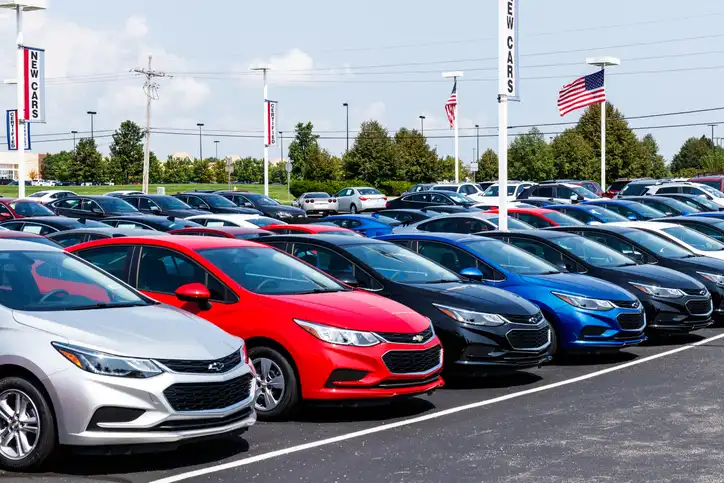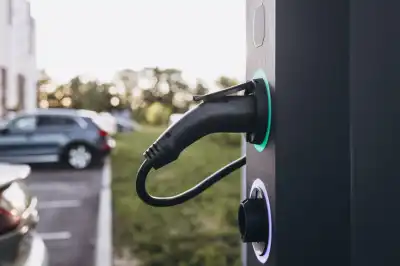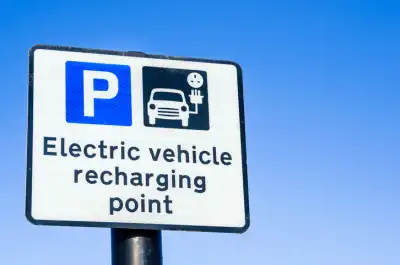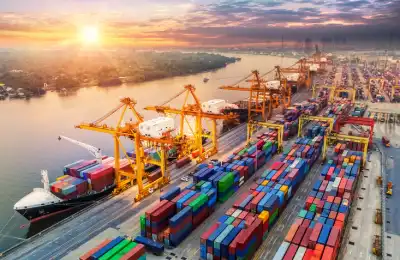
President Donald Trump is threatening to slap even higher tariffs on China again.
On Monday, he told reporters the US needs China to supply the magnets used in American car manufacturing or else.
Why magnets matter: an average petrol car uses about half a pound of magnets, while EVs need roughly a pound. Trump warned, if China doesn’t step up, "We have to charge them a 200 per cent tariff or something."
That’s bad news for drivers. A huge tariff on all Chinese goods could push prices up for everything from electronics to clothes, while restricted magnet supplies could make new cars and even insurance more expensive.
China has been flexing its rare-earth metal muscles since April, putting the metals used in magnets at the top of its export restriction list. This was a reaction to Trump’s previous 145 per cent tariff, and it immediately hit US automakers.
Back in June, before Trump announced a deal to restore magnet supplies, Ford CEO Jim Farley said some US factories had to shut down due to shortages. “It's day to day,” he told Bloomberg. “We have had to shut down factories. It's hand-to-mouth right now."
Ford was not alone. Analysts told the Daily Mail that other carmakers also had to pause production when magnets ran out.
It’s a scenario US automakers know all too well. Between 2021 and 2023, chip shortages forced rolling factory stoppages, shrinking car supply while demand exploded. The result? The average new car jumped from about $38,000 in 2019 to $48,000 by the end of the shortage. Used cars and insurance prices surged too.
Now, automakers are dealing with another hit. GM expects to pay an extra $4 to $5 billion this year, Ford at least $1 billion. Foreign brands like Toyota, BMW, and Subaru with US factories are also feeling the pinch.
Experts warn this could keep pushing car costs up. “This is difficult news for an industry already staring down an affordability problem,” said Erin Keating, analyst at Cox Automotive. “Affordable new vehicles are already few and far between — there are only 27 vehicles available with prices starting below $30,000."
In short, more tariffs and fewer magnets could mean higher prices at the dealership and in your wallet.




